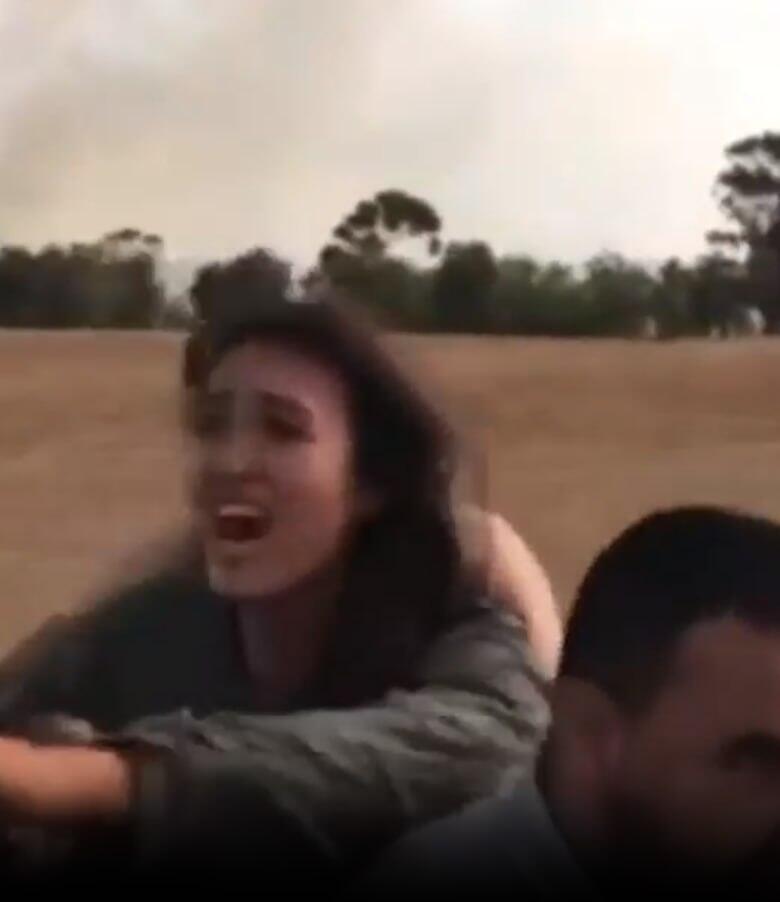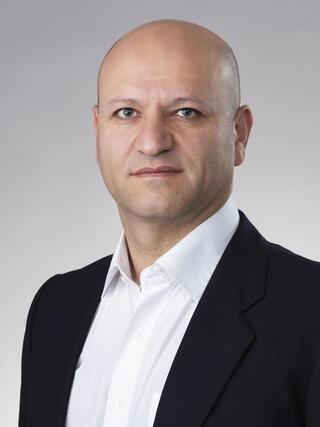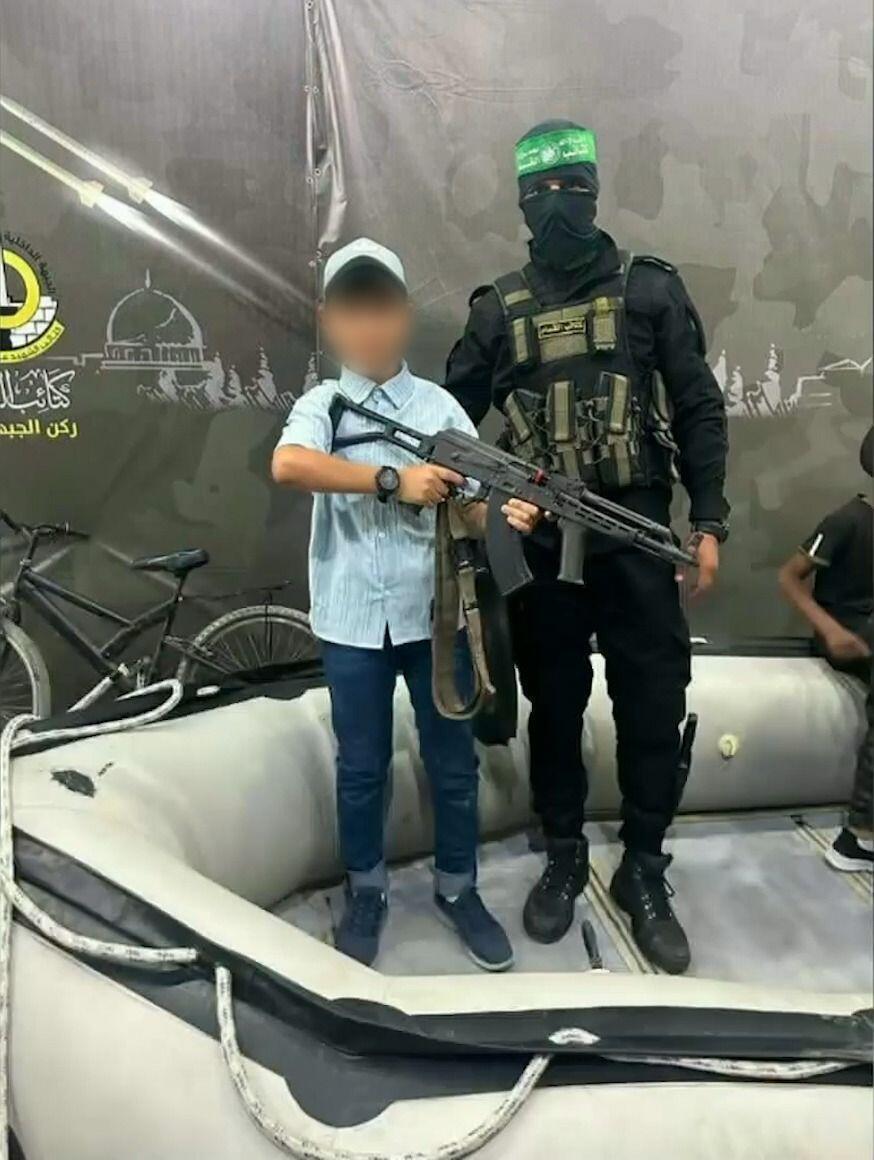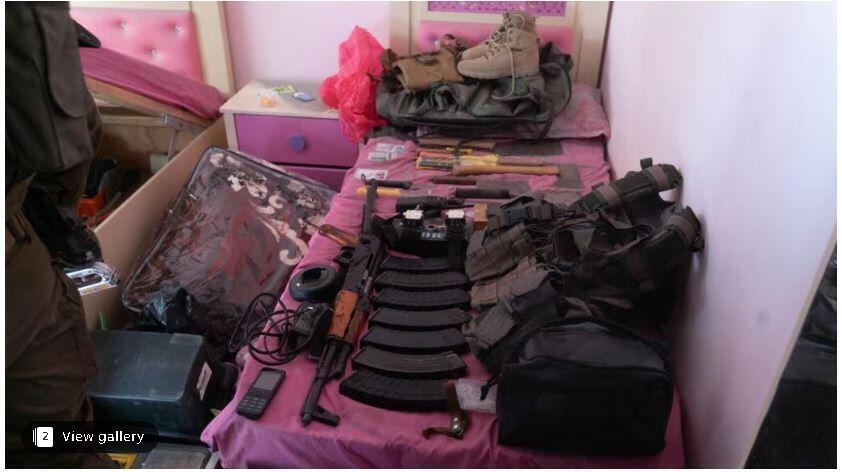The October 7 massacre and the war that followed undermined many basic assumptions that prevailed in Israel: it became clear that those who were not considered an existential threat to the state caused one of the most serious atrocities, rendering the country its most vulnerable in its history; It became clear how much our neighbors across the border and beyond, lack empathy and understanding for Israel, and also how much resilience, patience and the capacity for sacrifice exists in Israeli society.
Read more:
Another failed paradigm concerns the image of the Palestinians not aligning with "the enemy", and in particular the Gazan public. Until October 7, there was a perception among some Israelis including politicians, that the majority of Palestinians in Gaza are different from Hamas, which controls them through fear and oppression, and share a universal human longing for a good life. This led to the assumption that by improving their situation it would be possible to ensure security stability and even bend the ideological fervor of Hamas.
The horrors of October 7 shattered these perceptions. Not only did the Gazan public not protest against Hamas following the attack, but thousands took an active part - publicly and without fear: in the massacres, kidnappings, rape and looting, including the theft of bodies as a sort of "appreciating asset", and of course participated in the victory celebrations that included abuse of the kidnapped and the bodies.
The testimonies of the survivors and of hostages who were freed, describe teenagers who participated in the war crimes, women who had held hostages, and bargaining civilians with Hamas members for the sale of Israeli captives.
3 View gallery


Noa was kidnapped by Hamas operative with civilian clothes, emphasizing civilian and military merge
In addition, the reality revealed by the IDF in the depths of Gaza, showing the presence of weapons, tunnel shafts, and rocket launchers in homes and public buildings, embodied the merger of the civilian and military space into a single entity whose focus is jihad against Israel.
Israelis notice amid the war, the lack of public criticism against Yahya Sinwar for inflicting on the Palestinians carnage and destruction that exceeds that of the Nakba of 1948. In the past, such silence could have been attributed to the fear of Hamas, but the cumulative crystalizes the understanding that the broad Gazan public sympathizes with the terror organization.
It is therefore not surprising that the long-standing distinction made by Israelis between the Gazan public and Hamas, let alone the empathy expressed for their suffering in the past, has greatly diminished. The Israel Democracy Institute found in a survey conducted last month, that 40% of Israelis believed that the harm to the population in Gaza should have a limited bearing on Israel's decisions and a similar percentage say it should have no bearing at all.
Palestinian surveys conducted at the same time found that 72% to 75% of the Palestinians support the October 7 massacre, and about 70% support the armed struggle as the main means of confronting Israel.
The sense of tragedy in Israel since the Hamas massacre is not only the result of its dreadful consequences, the strategic surprise, the feeling of national humiliation, and the realization that this campaign will not end soon. It also stems from the fact that not one of the Palestinian leaders or public figures, had condemned the massacre. Most have stuck to a fixed set of reactions: denial of atrocities while at the same time glorifying them, indifference towards Israeli suffering, and above all establishing themselves in the classic role of the victims who attempt to explain the "context" for the war crimes committed.
This is a common pattern among the Palestinians and the entire Muslim world. Countries and members of MENA are not in the habit of admitting that their own have committed war crimes. For example, the Turks against the Armenians and Kurds, the Phalanges against the Palestinians during the Lebanon civil war, or the Assad regime against his own people.
It's never easy for them to show empathy towards the "other", engage in self-criticism, or ask for forgiveness for an injustice. The one-dimensional attitude of the Palestinians towards the Nakba reflects the same tendency: there is no discussion of their own leaders' responsibility for the events at the time, let alone an acknowledgment of the atrocities committed by them in the years leading up to the establishment of the state of Israel in 1948, and instead there is an entrenchment in the narrative of a perpetual victim who demands retribution, compensation and an apology.
 Dr. Michael Milsthein Photo: PR
Dr. Michael Milsthein Photo: PRThe current war has illustrated that the struggle is not against a tyrannical terrorist organization imposing itself on a wider public, but between two communities. However, this understanding must not be used to legitimize indiscriminate military action, let alone dehumanize the Palestinians, as Hamas has done towards Israelis. This would undermine the moral foundations of Israel and its image in the eyes of the world. The same differentiation must continue despite the difficulty arising from the reality on the ground where civilians and Hamas are intermixed.
Israelis are required to recognize that there is a profound cultural and moral difference between the two communities when it comes to morality, truth, acceptance of the "other" and the value of human life. The longing for change from the Palestinians must be converted into a sober expectation that if it ever occurs, it would only come from within Palestinian society. In the meantime, Israel must think about how to establish a buffer between the two communities in a way that will not compromise its security.
- Dr. Michael Milsthein is the Head of the Palestinian Studies Forum at the Moshe Dayan Center for Middle Eastern and African Studies at Tel-Aviv University



